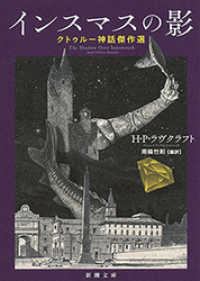Description
Recent decades have seen attacks on philosophy as an irrelevant field of inquiry when compared with science. In this book, Graham McFee defends the claims of philosophy against attempts to minimize either philosophy’s possibility or its importance by deploying a contrast with what Wittgenstein characterized as the “dazzling ideal” of science. This ‘dazzling ideal’ incorporates both the imagined completeness of scientific explanation—whereby completing its project would leave nothing unexplained—and the exceptionless character of the associated conception of causality. On such a scientistic world-view, what need is there for philosophy?
In his defense of philosophy (and its truth-claims), McFee shows that rejecting such scientism is not automatically anti-scientific, and that it permits granting to natural science (properly understood) its own truth-generating power. Further, McFee argues for contextualism in the project of philosophy, and sets aside the pervasive(and pernicious) requirement for exceptionless generalizations while relating his account to interconnections between the concepts of person, substance, agency, and causation.Table of Contents
Chapter One: Introductory — A still point in a turning world?.- Chapter Two: Persons as Agents: The Possibility of Genuine Action.- Chapter Three: What Persons Are: Identity, Personal Identity and Composition.- Chapter Four: What Persons are Not: Causality, Minds and the Brain.- Chapter Five: Evolutionary Explanation in Psychology: Not an Issue for Philosophy?.- Chapter Six: Persons, Artificial Intelligence, and Science Fiction Thought-Experiments.- Chapter Seven: Considerations of Exceptionlessness in Philosophy: or, ‘Everything … ‘.- Chapter Eight: Philosophy without Exceptionlessness.- Chapter Nine: Conclusion: The Place of Reason.
-

- 電子書籍
- 怖い女 ~好き、嫌い、許さない~ 分冊…
-

- 電子書籍
- カノジョに浮気されていた俺が、小悪魔な…
-

- 電子書籍
- 王太子に婚約破棄されたので、もうバカの…
-

- 電子書籍
- インスマスの影―クトゥルー神話傑作選―…
-

- 洋書電子書籍
- The Cat Who Talked …



